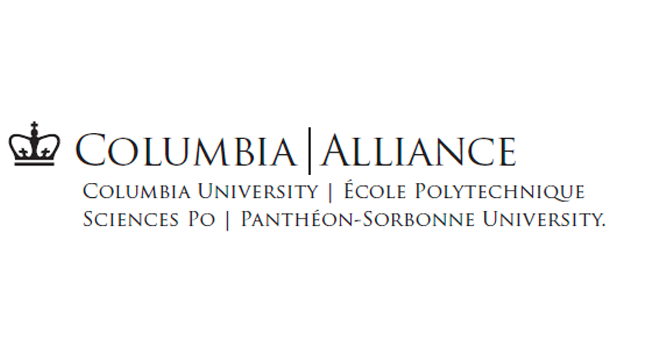November 16-19, 2020
Building a Common Framework for Assessing, Understanding and Maximizing Impact
Part I, November 16-17, 2020
Launch event of the European Funders for Impact
Identify and define methods, practices and strategies that provide the greatest benefits
The global health crisis and its economic aftermath have greatly accelerated the mismatch between public needs and available resources. As a result, there is steadily increasing pressure to deploy public and philanthropic resources in the most fruitful ways possible.
Funders seek methods, practices and strategies that provide the greatest benefits to the largest numbers at the lowest possible costs, along with strategies that sustain those efforts. The need for a better understanding of programme efficiency over multiple operational domains is even more acute in the case of private philanthropies and corporate giving where the amount of available funds is typically dwarfed by the volume of public resources and the overall size of unmet public needs.
In this climate, no single funder or group of funders can hope to achieve optimised outcomes working in isolation from other similarly focused groups. Collaborations between funders, on the other hand, offer the opportunity to identify and fill gaps in programme design, outreach, evaluation, planning and other areas where progress can be accelerated through increased information sharing and collaborations, including the development of common definitions of impact and the factors that contribute to it.
A new network to increase impact
The European Funders for Impact network is designed to increase the capacity of participating organisations to achieve their objectives. Individuals who have the ultimate responsibility for achieving targeted outcomes are best positioned to engage in valuable peer-to-peer conversations. The network will create a safe space to bring together like-minded philanthropic representatives to explore ways in which new forms of collaboration designed to increase overall impact can be considered, evaluated, pilot-tested, showcased, and replicated.
Among other factors, the advent of modern collaborative technologies, shared online workspaces, new data gathering methods and devices, and new understandings of group dynamics and personal experiences in the age of social media provide philanthropies with a new set of tools. There is a pressing need to fully and diligently explore these opportunities and envision improved or even entirely new approaches within a carefully organised framework designed to match problems and needs with potential solutions.
Part II, November 18-19, 2020
Designing long-term strategies to promote impactful research on pressing global challenges
Goal: Assess and maximize the transformative power of research: A high-level conversation about strategy, methods, best practices, and collaboration.
In this time of great challenges researchers and their funding agencies face increasing pressure to document the value of their work, including to ensure it contributes to promoting the understanding and resolution of complex global issues. This upcoming high-level convening for active funders and researchers coming from a range of fields will accelerate progress toward that goal. The event will illuminate strategies, methods, best practices, and collaborations that increase the impact of research in making essential, well-recognized contributions to targeted social, economic, and environmental outcomes.
Drawing from recent case studies, the overall goal of the meeting is:
- To assess the impact of research on timely issues such as managing conflicts, reducing social inequalities, making the environmental transition, increasing the resilience of societies, and innovating in education.
- To maximize the transformative power of research through the thoughtful consideration of strategies that raise the bar on project design, implementation, participation, dissemination, collaboration, evaluation, and outcomes. Novel uses of methodologies and technologies that are increasingly being harnessed to maximize the social impact of research (e.g., new applications of social media and open source practices) will also be considered.
This meeting is designed for funders and researchers seeking to gain fresh insights into how they can about increase the broad long-term impact of their projects. This meeting will provide an opportunity for participants to develop a shared agenda for program-level design and evaluation improvements that lead to new more robust and durable benchmarks for evidence-based research.
Steering commitee
Emmanuel Kattan, Director of the Alliance Program, Columbia University
Sevda Kilicalp, Policy and Incubation Manager, European Foundation Centre
Chloé Lepart, Head of communication, Fondation Maison des sciences de l’homme
Maria Orejas, Policy and Programmes Director, European Foundation Centre
Lisa Petrides, Founder and CEO of the Institute for the Study of Knowledge Management in Education
Hal Plotkin, Senior scholar at the the Institute for the Study of Knowledge Management in Education
Angela Procoli, Senior Advisor, International Partnerships, Fondation Maison des sciences de l’homme
Bernardo Rondelli, Strategy Director and Founding Partner, SIRIS Academic
Marcello Scalisi, Director, Mediterranean Universities Union (Unimed)






